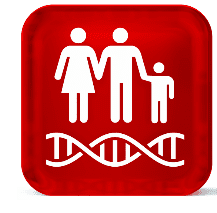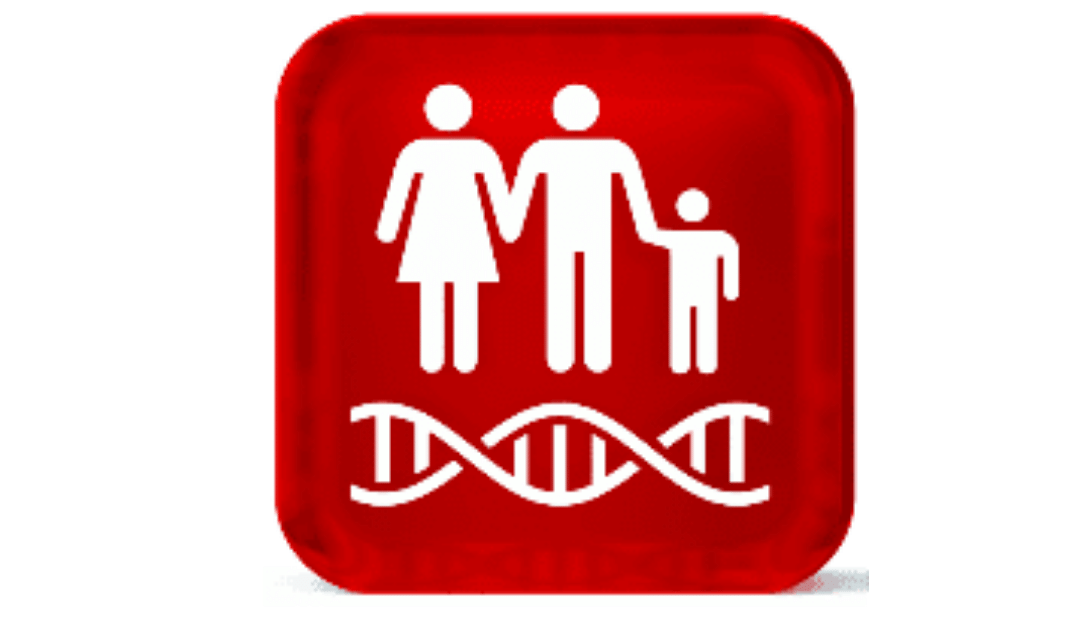 Many people are shocked by their cancer diagnosis when no one in their family has been diagnosed with cancer. Cancer is caused by genetic changes (mutations or variants) in a person’s genes, chromosomes, or proteins, but that doesn’t generally mean it’s inherited from a parent. In fact, only about 5-10% of cancers are due to inherited cancer syndrome (germline mutation).
Many people are shocked by their cancer diagnosis when no one in their family has been diagnosed with cancer. Cancer is caused by genetic changes (mutations or variants) in a person’s genes, chromosomes, or proteins, but that doesn’t generally mean it’s inherited from a parent. In fact, only about 5-10% of cancers are due to inherited cancer syndrome (germline mutation).
Whether you personally have cancer or not, genetic testing can be helpful for your situation. If you have a cancer that was caused by a mutation, genetic testing can provide important information about how to treat your cancer, as well as your risk for developing a second cancer.
If you have not been diagnosed with cancer, genetic testing can estimate the likelihood of being diagnosed with certain types of cancer in your lifetime. The test can tell you if you have a higher risk than most people of developing those cancers, but not that you will definitely be diagnosed.
Most cancers are caused by acquired (somatic) variants which occur spontaneously during a person’s lifetime, often due to lifestyle and environmental factors. These variants are not passed on to the next generation. Sometimes, cancers can be common in a family but are not due to an inherited gene mutation.
If you do have a genetic mutation, you and your family members can take steps to manage your cancer risks and health care. Children of parents with an inherited cancer mutation have a 50 percent chance of having the mutation themselves.
Discuss your individual circumstances and family history of cancer with your doctor. Seek their advice on whether you should be referred for genetic testing, and which tests to have. Testing is a complex decision on multiple levels, with implications for your family as well. A genetic counselor is highly recommended before and after testing as interpreting the test results can also be complicated.


Recent Comments